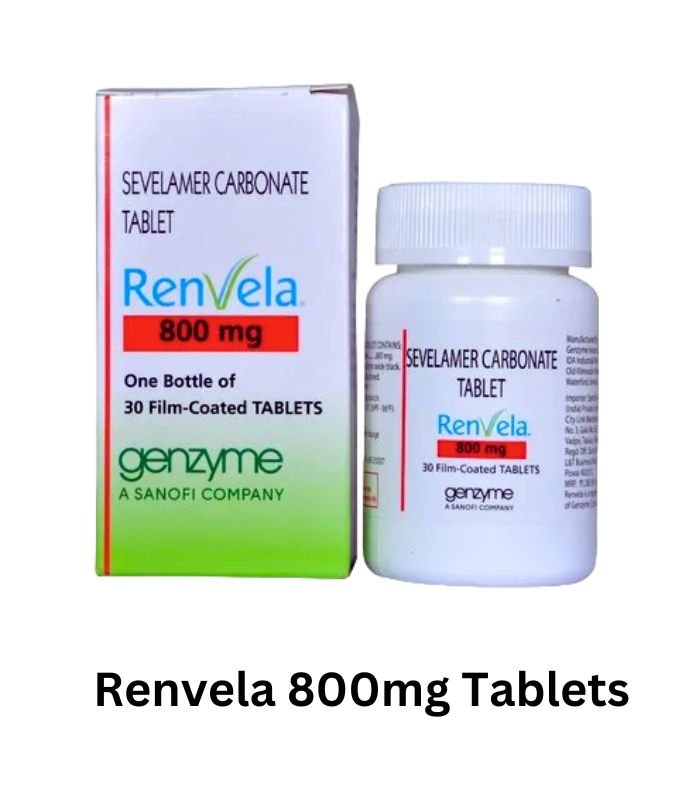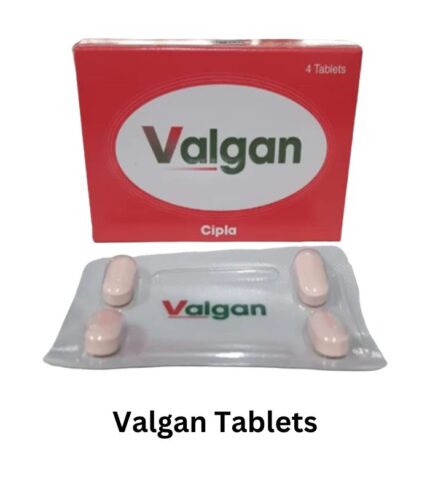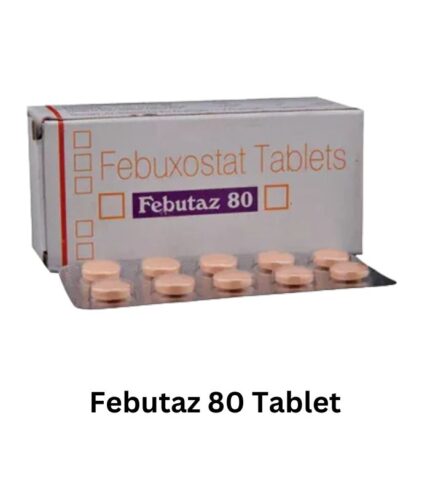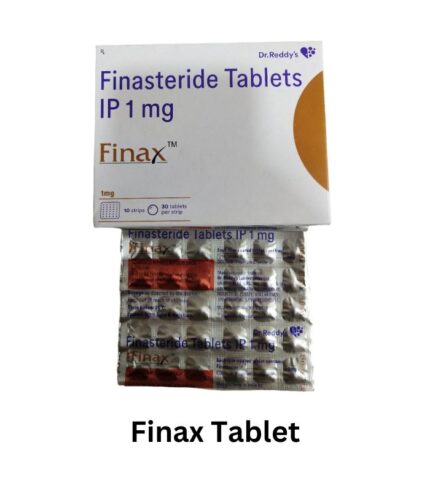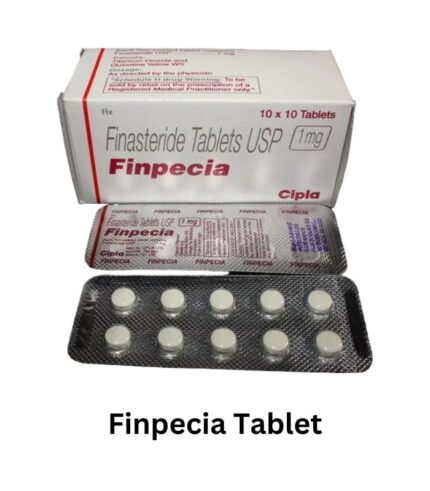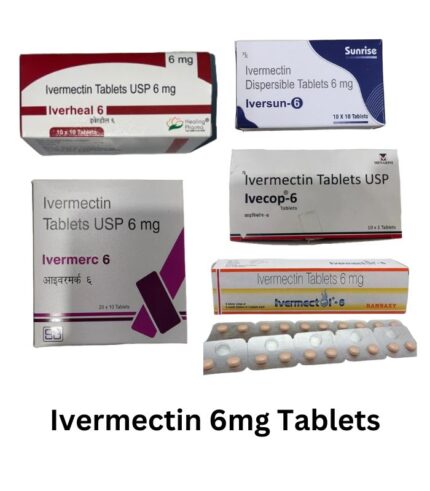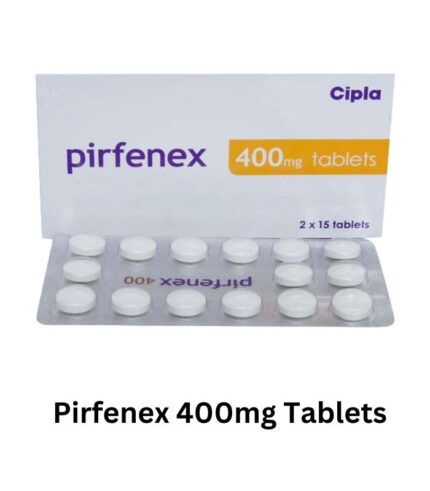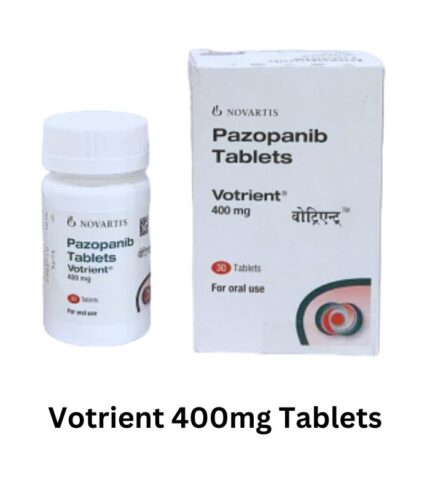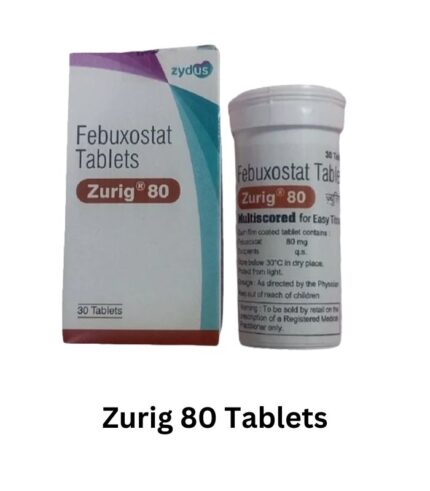Introduction of Renvela 800 mg Tablet
Renvela 800 mg Tablet is prescribed to patients with chronic kidney disease (CKD) on dialysis to help manage elevated phosphate levels in the blood. Excessive phosphate can cause serious complications in patients with CKD, and this medication works by preventing its absorption into the bloodstream.
Salt Composition of Renvela 800 mg Tablet
- Sevelamer: 800mg
Uses of Renvela 800 mg Tablet
- Treats high blood phosphate levels (hyperphosphatemia) in chronic kidney disease patients undergoing dialysis.
Benefits of Renvela 800 mg Tablet
- Effective in controlling phosphate levels in the blood, which is crucial for patients with CKD.
- Helps reduce the risk of bone disorders and cardiovascular problems associated with high phosphate levels.
- Supports better kidney function and overall health in dialysis patients.
Side effects of Renvela 800 mg Tablet
Common side effects may include mild digestive issues. Consult your doctor if any symptoms persist or worsen.
- Common side effects:
- Nausea
- Vomiting
- Constipation
- Abdominal pain
How to use Renvela 800 mg Tablet
- Follow your doctor’s prescribed dosage carefully.
- Swallow the tablet whole; do not chew, crush, or break it.
- Take it with meals to maximize its effectiveness by binding to the phosphate in your food.
- Maintain a regular dosing schedule for optimal results.
How Renvela 800 mg Tablet works
Renvela 800 mg Tablet contains Sevelamer, a phosphate binder. It binds to the phosphate in the food consumed and prevents its absorption into the bloodstream, helping maintain healthy phosphate levels in patients with chronic kidney disease on dialysis.
Safety advice for Renvela 800 mg Tablet
- Storage: Keep in a cool, dry place, away from direct sunlight.
- Keep out of reach: Store safely away from children and pets.
- Consult your doctor: Inform your healthcare provider about any existing medical conditions or medications before starting Renvela therapy.
Caution
- Use as prescribed: Always follow your healthcare provider’s instructions for dosing and administration.
- Monitor regularly: Regular check-ups and blood tests may be needed to monitor phosphate levels.
- Seek help if needed: Consult a doctor immediately if any serious or unusual side effects occur.







